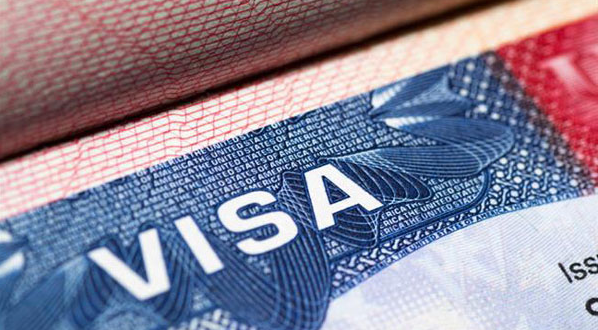The United States Government has announced plans to reduce the validity period of visas granted to international students and foreign journalists.
The Department of Homeland Security (DHS) stated that under the proposed rule, F visas—issued to foreign students—would be limited to a maximum of four years.
Currently, student visas generally last for the entire duration of a study program, which can exceed five years, especially for those pursuing doctoral degrees.
For foreign journalists, visa validity would be restricted to 240 days, with the possibility of a one-time extension for another 240 days.
However, journalist visas would not extend beyond the duration of their specific assignments.
Any request for an extension would require applications through U.S. Citizenship and Immigration Services (USCIS), subjecting applicants to additional security checks.
Previously, journalists from countries such as Germany have been granted visas lasting up to five years.
“For too long, past administrations have allowed foreign students and other visa holders to remain in the U.S. virtually indefinitely,” DHS stated. “This practice poses security risks and financial burdens, and may disadvantage U.S. citizens.”
The department noted that the changes were designed to curb visa abuse and strengthen oversight.
However, the proposal has already sparked backlash from the U.S. higher education sector.
Miriam Feldblum, president and CEO of the Presidents’ Alliance on Higher Education and Immigration, criticised the plan, warning it would create new challenges for both students and universities.
“The rule would force international students and scholars to regularly submit additional applications, disrupting their studies and straining university operations,” Feldblum said. She further cautioned that the uncertainty could discourage international talent from pursuing education and research opportunities in the U.S.


